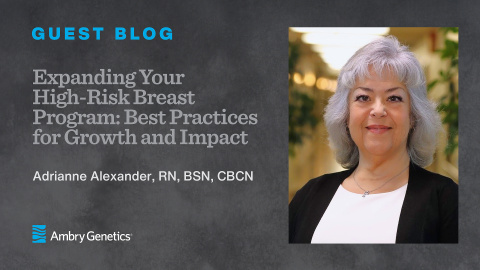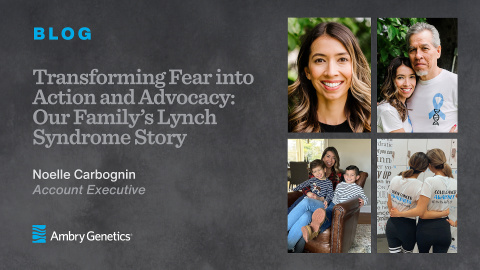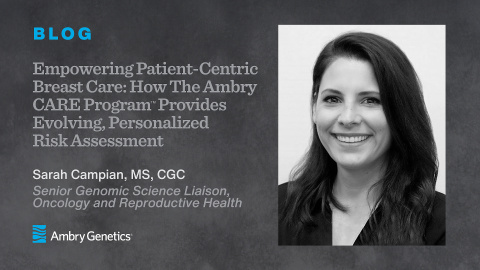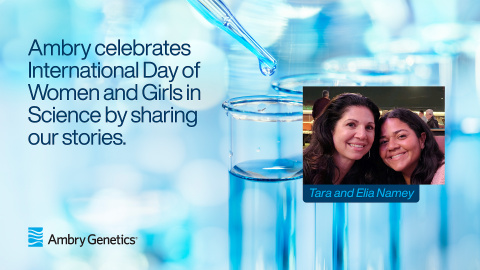- By Adrianne Alexander, RN, BSN, CBC
- Posted July 17, 2024
Expanding Your High-Risk Breast Program: Best Practices for Growth and Impact
One of the accomplishments I am most proud of is driving the creation of a successful high-risk breast program in a large community-based health system. I am often asked how we did it. For advice on getting started, check out the first blog in this series. If you have already implemented a high-risk breast program, congratulations! It’s time…
- By Noelle Carbognin
- Posted March 22, 2024
Transforming Fear into Action and Advocacy: Our Family’s Lynch Syndrome Story
It has been almost 3 years since my father was offered genetic testing after developing three different types of cancers. He also had an alarming family history – multiple relatives with cancer, going back generations. After he received a positive result for Lynch Syndrome, putting him at an increased risk for colon cancer and other types of…
- By Sarah Campian, MS, CGC
- Posted March 20, 2024
Empowering Patient-Centric Breast Care: How The Ambry CARE Program™ Provides Evolving, Personalized Risk Assessment
How would you respond if a patient asked, "What is my risk of getting breast cancer"? We may initially reference the national average: 1 in 8 (or about 13% of) people assigned female at birth (AFAB) develop breast cancer.1 However, we live in an age of personalized medicine; this statistic cannot be applied universally to every patient. Further,…
- By Tara Namey, MS, LCGC
- Posted February 10, 2023
Like Mother, Like Daughter: Tara and Elia Namey Advance Women in STEM Leadership
Elia Namey discusses Disparities in the Uptake of Cascade Testing. February 11 is recognized as International Day of Women and Girls in Science! Ambry feels privileged to have many women in high positions leading the company’s scientific progress. To celebrate, we’re introducing one of the women who leads the way in genetics at Ambry…
- By Dr. Robina Smith
- Posted January 28, 2016
Preventive Oncology
To this date, we cannot totally prevent cancer from forming; however, for certain cancers we can reduce the risk of it developing. Approximately one half of cancer cases can be prevented by modifying risk factors or by early detection of precancerous lesions. For breast and ovarian cancers, approximately 10% will develop due to hereditary predisposition.…




